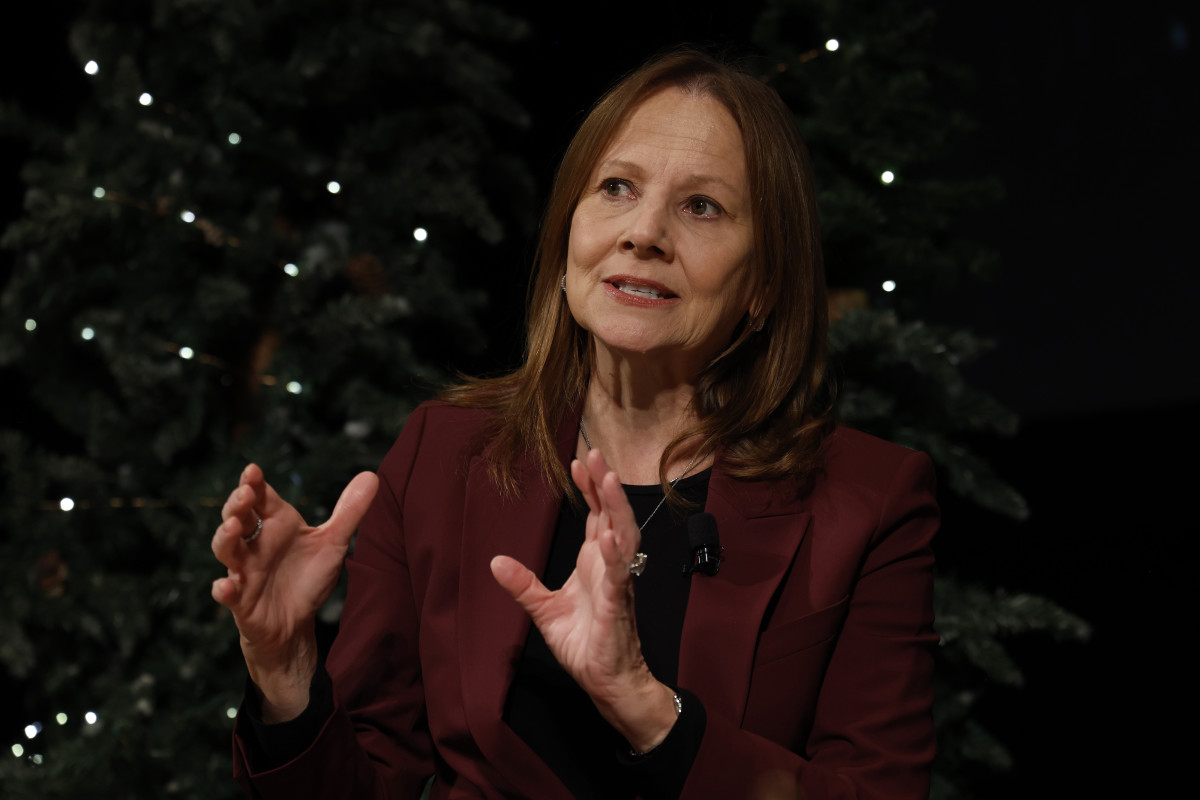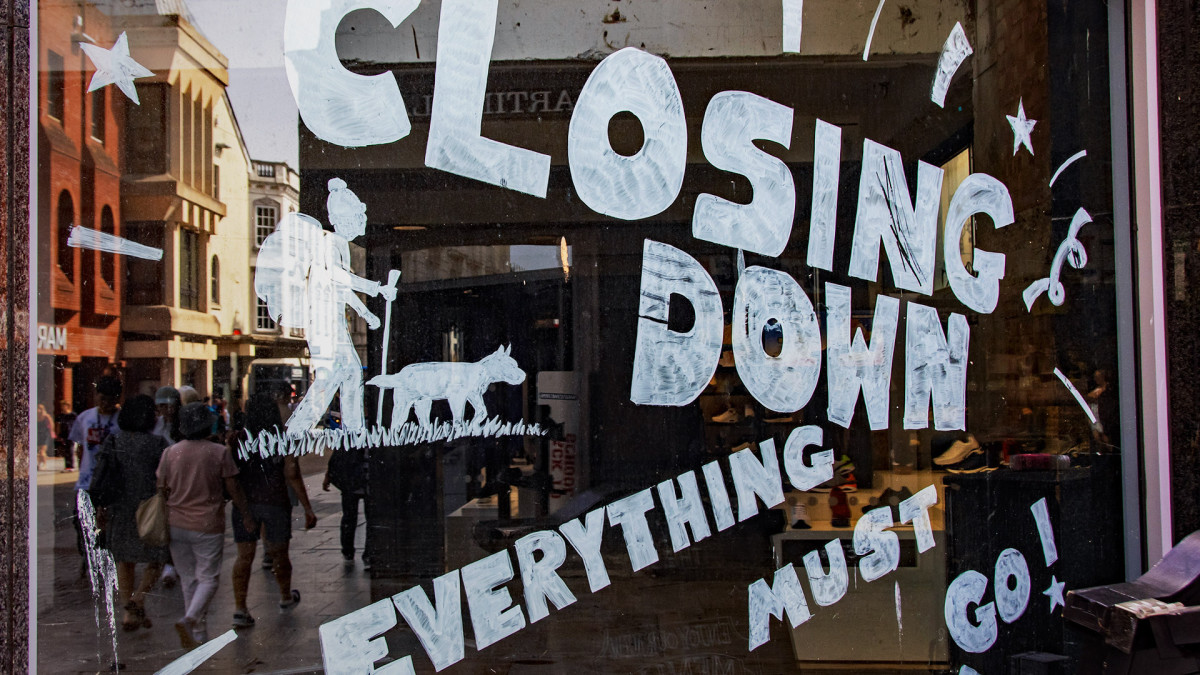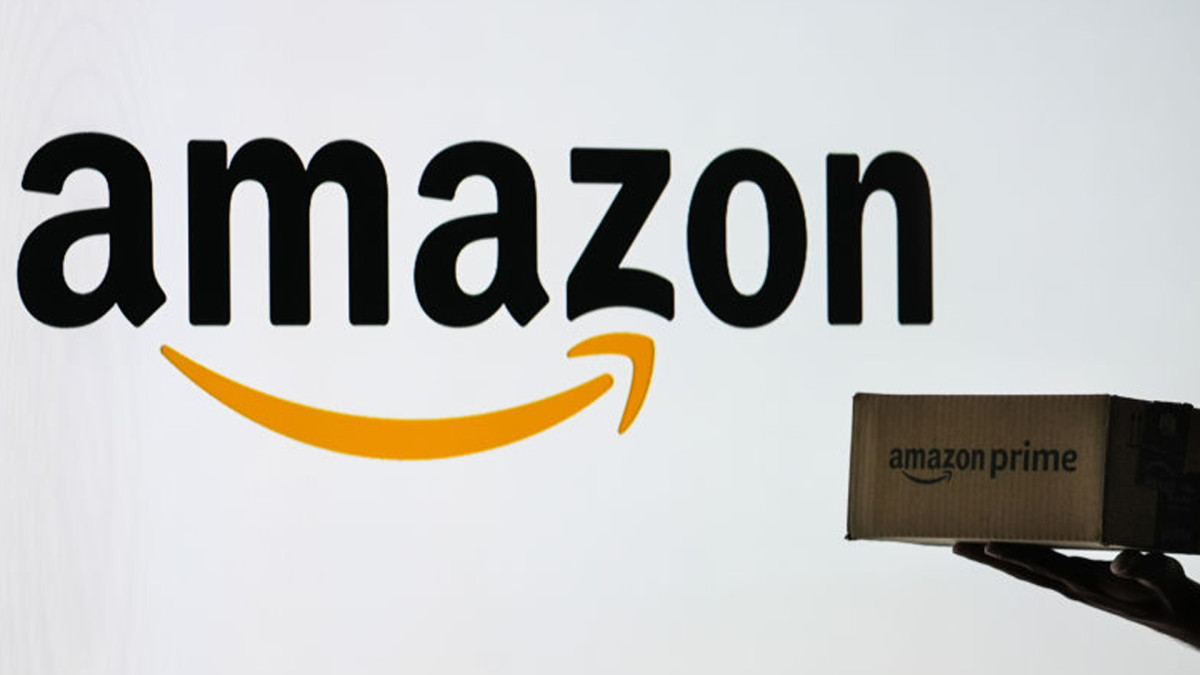In Rural Areas, Locals see Rideshare Apps as the Only Way to Get Healthcare
Broadcast Retirement Network's Jeffrey Snyder discusses how seniors living in rural areas can have easier access to healthcare with University of Kansas' David Slusky, PhD. Jeffrey H. Snyder, Broadcast Retirement Network This morning on BRN, in rural areas, locals see ride-sharing apps as the only ...

The inconvenience of transportation is a major barrier to the accessibility of healthcare for older people living in rural areas.
Broadcast Retirement Network's Jeffrey Snyder discusses how seniors living in rural areas can have easier access to healthcare with University of Kansas' David Slusky, PhD.
Jeffrey H. Snyder, Broadcast Retirement Network
This morning on BRN, in rural areas, locals see ride-sharing apps as the only way to access healthcare. Joining me now is David Swoosky. He's a professor of economics at the University of Kansas.
Professor, so great to see you. Thanks for joining us on the program this morning.
David Slusky, PhD., University of Kansas
My pleasure, thanks so much for having me.
Jeffrey H. Snyder, Broadcast Retirement Network
We're gonna talk this morning about access, access to healthcare. How important is it? And are Americans, whether they live in cities or in the rural parts of our country, able to access elements of our healthcare system?
David Slusky, PhD., University of Kansas
So it's a great question. It has a number of different elements. One of them is that we are still a country with a lot of rural areas, a lot of areas where individuals are far from the physical healthcare establishments, not just hospitals, but also providers' offices.
We're also a country with relatively little public transit, even long-distance public transit. I spent a year on sabbatical in Sweden, which has a lot of rural areas also, but they're much better covered by public transit than we are. That said, telemedicine and the ability to speak with a provider or video chat with a provider from your home has increased substantially in the last several years, and so is helping, though that also runs into issues around rural internet access, which lags behind other areas.
So it's a complex issue with a lot of components, but by and large, most healthcare need to be in person with a provider, and if you can't do that, you can't access that healthcare.
Jeffrey H. Snyder, Broadcast Retirement Network
Yeah, and again, we should all have access in some way, shape, or form to get our annual, you know, it's part of that movement towards proactive medicine as opposed to reactive medicine that we hear so much about. Let's talk about the rideshares, because I believe that Uber, Lyft, I know that Uber does, but I think Lyft does, and some of the other companies offer some aspect of healthcare connectivity. Any information on that, doctor?
Or excuse me, professor?
David Slusky, PhD., University of Kansas
Absolutely. So there are a couple different elements. One is just the individuals using rideshare as a substitute for their own transportation, whether that was using friends or family or calling traditional taxi companies or even driving themselves, despite they might have physical or mental limitations that make that difficult.
So that's one piece, and that's the piece that I think actually most of the economic research is on. There's also those companies themselves getting involved directly with healthcare, situations where, you know, you have some kind of procedure with anesthesia, your provider doesn't want you driving home, and they actually give you a coupon to use with Uber or Lyft directly. Also, some health authorities, Johnson County here in Kansas, they have their own fleet of vehicles, and they provide transportation as well.
So there are a lot of different pieces of it, kind of broadening the different kinds of options that individuals have to access care.
Jeffrey H. Snyder, Broadcast Retirement Network
And does that access, so, I mean, I think that's great, especially maybe you don't drive or you're a one-car family, automobile family like mine is, being able to, you know, if my wife's driving to work, I need to be able to access healthcare. But Professor, is there a balance in terms of availability in the rural areas as opposed to our urban areas?
David Slusky, PhD., University of Kansas
Sure. We are also actually a one-car family. Both of us can walk to work, but, you know, someone needs to be in, both need to be in two places.
We did the probably same math you did, which is a lot of Ubers. You can afford that before a second, the cost of a second car. I was looking this up as we were talking, seeing if I could get from a town in Western Kansas to one of our county hospitals.
An Uber would quote you a price. They said the wait was a little bit longer. I looked at Lyft, it said limited availability, but they would quote you a price.
And it seems like eventually somebody would take that ride. So I think that, you know, access my work and others 10 years ago, right, Uber was really only in urban and suburban areas. I don't think that's as much the case anymore, but it is a major limitation that these rideshare services is just not dense enough in lots of parts of the country.
So it's a partial solution, the same way that telemedicine is a partial solution, but I don't think either one is really gonna be enough to get the same kind of healthcare access you have in more dense areas.
Jeffrey H. Snyder, Broadcast Retirement Network
Would it be possible, Professor, let's talk about incentives. I know you're in economics. It's a part of, I guess, micro and macro, you know, it's been a while since I took those courses, but I understand that they're part of micro and macroeconomics.
Could we offer some level of incentive, for example, hospital systems that are in rural parts of the country to incentivize Uber drivers, Lyft drivers, other companies to come into an environment to help?
David Slusky, PhD., University of Kansas
So we could. I would think that in some cases, for some procedures, the hospital should be willing to do it themselves, meaning a complex procedure or a procedure where individuals aren't making their appointments, right? The hospital doesn't get paid if you don't make your appointment in many cases.
And so actually, they may come out ahead by incentivizing and subsidizing this kind of treatment themselves, and some practices are already doing that. One challenge, though, in our fee-for-service healthcare system, right, is that if you can't get regular care and therefore need more care, the hospital actually might come out better on the bottom line for that. Society isn't better off, but the hospital might be, and that's a disincentive for them to get you there.
There was a paper that just came out this past year. Catherine McLean at George Mason and others looked at mental health services and whether Uber availability increased individuals getting mental health services and actually found, on the whole, no change, but found that if you looked into different types of services, there was a decrease in non-intensive outpatient services and an increase in intensive outpatient services, meaning services really where you really need to be in analysis and be there every day of the week or five days a week or four days a week to keep your treatment plan. Uber availability actually helped there because individuals had access to a more regular form of care. So you can imagine a provider actually building that into their plan, and providers more and more have said, do you need a ride?
Do you have somebody picking you up? Do you need a way to get here? There have been some experiments and expansions in that as well.
Jeffrey H. Snyder, Broadcast Retirement Network
So, Professor, I mean, healthcare organizations typically are not-for-profit, and I think we've been talking about things really in the private sector mentality or philosophy. Are there things that our policymakers can do? Because healthcare, sir, is a big topic.
It has been a big topic for a long time. So are there things that policymakers, knowing about service delivery, the fact that rural hospitals or rural communities maybe don't have as much access, are there things for policymakers to consider?
David Slusky, PhD., University of Kansas
Sure. So one piece, and I've done work on Uber and ambulances, for example, in emergency transportation. And emergency transportation, one challenge there is whether those, that ambulance in your health insurance network, right?
The NOSA Prizes Act a couple of years ago actually did not address any issue with ambulances. So one thing I've thought about is, what is the spectrum, right? Right now, there's not a lot of space between drive your own car and a mobile emergency room, right?
And you can imagine a spectrum where you call 911 and you consent to the feed from your Apple Watch and your Google glasses so that they have some sense of what's going on with you. And then give that operator the spectrum of, see somebody in the morning, we're sending an Uber, we're sending an Uber driven by an EMT, we're sending a car with lights and sirens driven by an EMT, but it's a cop car, not a mobile emergency room like an ambulance, or we're sending a full ambulance or even we're sending a helicopter, right? And you can imagine actually filling out that space could enable us to better deliver emergency care.
Now, there are gonna be HIPAA policy issues, right? That that feed from your watch and those personal biometric data you have, right? We're gonna have to make sure those data flows are happening within our existing regulatory framework.
There's gonna be malpractice issues and various kinds of insurance and inadmissibility, right? If I'm an Uber driver driving someone to a hospital who needs care acutely and something happens while they're in my car, right? I don't wanna be legally liable for that given I did all I could.
I don't wanna have to pay a lawyer to say that I did all I could. And so you can imagine situations where there's kinds of liability protection and malpractice protection and indemnification of those providers. So there's a number of different issues here, but I do think a broader conversation about transportation and healthcare could yield a lot of different policy changes.
Jeffrey H. Snyder, Broadcast Retirement Network
Yeah, absolutely. And hopefully, obviously, not obviously, but this is a big issue, healthcare delivery, a big issue, probably one that probably needs to really be addressed in our country and probably in a lot of other countries. Professor, we're gonna have to leave it there.
So great to see you, sir. Thanks for joining us. And we look forward to having you back on the program again very soon.
David Slusky, PhD., University of Kansas
Thank you so much. We'd love to come back anytime.
Jeffrey H. Snyder, Broadcast Retirement Network
And don't forget to subscribe to our daily newsletter, The Morning Pulse, for all the news in one place. Details, of course, at our website. And we're back again tomorrow for another edition of BRN.
Until then, I'm Jeff Snyder. Stay safe. Keep on saving.
And don't forget, roll with the changes. ♪♪♪
What's Your Reaction?




















































